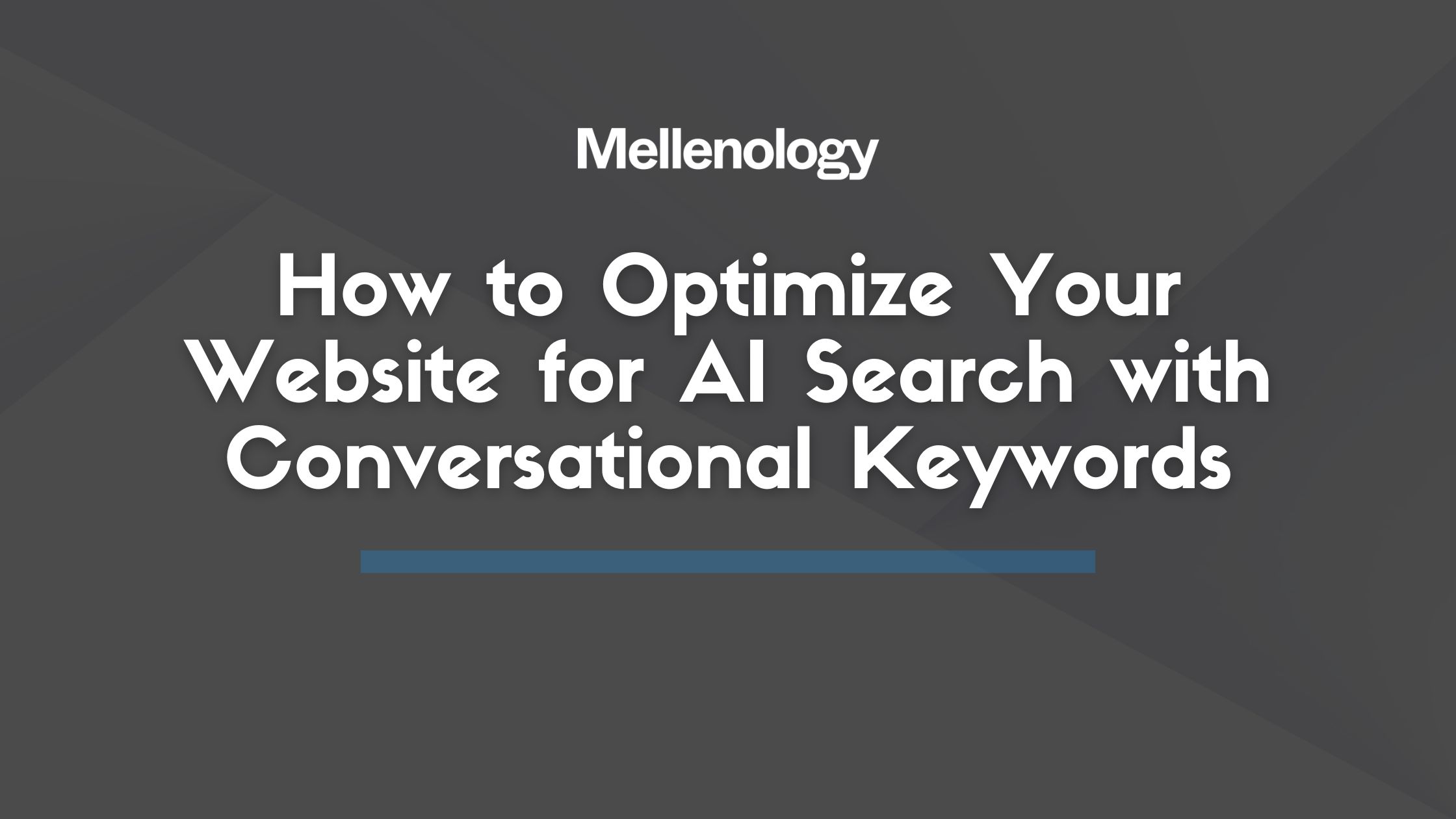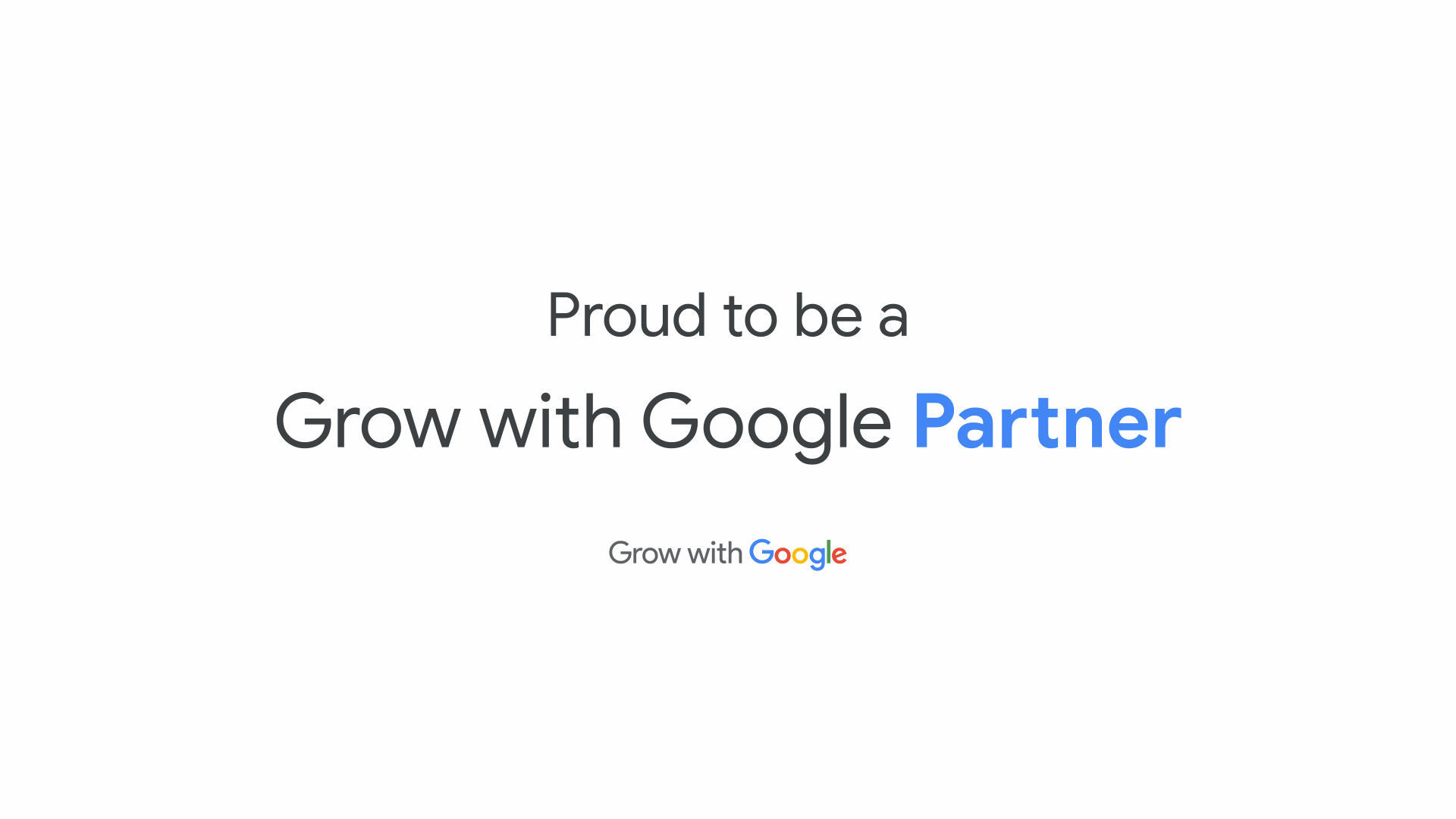How to Optimize Your Website for AI Search with Conversational Keywords
Why AI Search is Changing SEO
Search engines aren’t what they used to be. Traditional keyword stuffing and rigid SEO tactics are becoming obsolete as AI-powered search engines like Google’s RankBrain, Bing AI, and ChatGPT search models now focus on context, intent, and natural language.
If your website isn’t optimized for how people actually speak and ask questions, you’re missing out on valuable traffic.
In this guide, we’ll break down:
- What AI search is and how it works
- Why conversational keywords are the key to better rankings
- How to optimize your website for natural language search
Let’s dive in.
What is AI Search and How Does It Work?
AI search is different from traditional keyword-based search engines. Instead of just matching words, AI-powered search engines use natural language processing (NLP) and machine learning to understand user intent.
How AI Search Interprets Queries
AI search focuses on three key areas:
- Context – It understands the meaning behind a search, even if the exact words aren’t used.
- Intent – It prioritizes the user’s goal (e.g., researching vs. buying vs. troubleshooting).
- Conversational Understanding – It processes full sentences, questions, and voice search queries naturally.
For example, a traditional search engine might interpret:
“Best running shoes for marathon training”
…as four separate words without understanding their relationship.
But an AI-powered search engine understands that the user is looking for:
- A specific type of shoe
- For a specific purpose (marathon training)
- That may require expert recommendations
This shift in search behavior is why conversational keywords are essential for modern SEO.
What Are Conversational Keywords?
Conversational keywords are longer, more natural phrases that mimic how people speak instead of short, robotic keywords.
Traditional Keywords vs. Conversational Keywords
| Traditional Keyword | Conversational Keyword |
|---|---|
| “Best SEO tips” | “What are the best SEO tips for beginners?” |
| “Buy running shoes” | “Where can I buy the best running shoes for marathons?” |
| “AI search optimization” | “How do I optimize my website for AI-powered search engines?” |
Instead of relying on exact-match keywords, AI search engines now prioritize semantic search—which means they connect related phrases and concepts to find the most relevant content.
Why Conversational Keywords Matter for SEO
- Voice search is growing: More than 50% of all searches are now voice-based.
- Google’s AI algorithms prioritize natural content: RankBrain and BERT analyze meaning, not just words.
- People search in full sentences: Optimizing for longer, more natural queries helps capture AI-driven searches.
How to Optimize Your Website for AI Search with Conversational Keywords
1. Use Natural Language in Your Content
Write like you talk. Avoid robotic or over-optimized phrasing.
✅ Instead of: “SEO best practices 2024 high-ranking websites algorithm update”
✅ Try: “What are the best SEO practices to rank higher in 2024?”
The goal is to make your content sound like a natural conversation, not a keyword-stuffed webpage.
2. Target Long-Tail Keywords & Question-Based Phrases
AI search engines prioritize complete questions and phrases over short keywords.
Where to find them?
- Google’s “People Also Ask” section
- AnswerThePublic.com
- Voice search queries on Alexa, Siri, and Google Assistant
3. Optimize for Voice Search
Since AI-driven search engines prioritize spoken queries, structure your content to match how people ask questions aloud.
How to optimize for voice search:
- Use FAQ sections with direct answers
- Keep responses concise (30 words or less)
- Write in a conversational tone
Example:
❌ “Our company specializes in state-of-the-art running shoe design for athletes.”
✅ “Looking for the best running shoes? Here’s what to look for in a great pair.”
4. Implement Schema Markup
Schema Markup helps AI search engines understand your content better by providing structured data.
The most useful Schema types for conversational search:
- FAQPage – Formats your FAQs so they appear in Google’s rich results.
- Speakable – Helps AI prioritize your content for voice search results.
- HowTo – Enhances step-by-step guides for AI-driven search queries.
5. Write Content That Answers Search Intent
Every search query has an intent—AI search engines prioritize content that directly meets a user’s needs.
The three main search intents:
- Informational – “How do I optimize my website for AI search?”
- Transactional – “Best AI search optimization services near me”
- Navigational – “Mellenology SEO services homepage”
6. Structure Your Content for AI Readability
Search engines love well-organized content. Improve AI readability by:
- Using clear headings (H2, H3, H4)
- Breaking text into short paragraphs
- Adding bulleted lists and numbered steps
The Future of AI Search & SEO
AI search is evolving quickly. As Google, Bing, and ChatGPT-powered searches become more advanced, businesses must shift their SEO strategy.
The future of search favors:
- Conversational, human-like content
- AI-powered content generation tools
- More personalized search results
By adapting now, your website can stay ahead of AI-driven search trends.
Get AI-Optimized SEO with Mellenology
At Mellenology, we specialize in future-proof SEO strategies that help businesses rank higher in AI-driven search results.
Our team can:
- Optimize your website for AI search
- Create conversational, voice-search-friendly content
- Implement Schema Markup for better visibility
Ready to rank higher in AI search? Contact Mellenology today and let’s transform your SEO strategy.
Recent Posts
How to Optimize Your Website for AI Search with Conversational Keywords
Search engines aren’t what they used to be. Traditional keyword stuffing and rigid SEO tactics are becoming obsolete as AI-powered search engines like...
We’re Officially a Grow with Google Partner!
We are thrilled to announce that Mellenology has officially become a Grow with Google partner, marking an exciting new chapter in our mission...
How Local Businesses Can Prepare for Google Ads Success in 2025
As we approach 2025, digital advertising is set to undergo significant changes, and Google Ads will continue to be a critical tool for...

